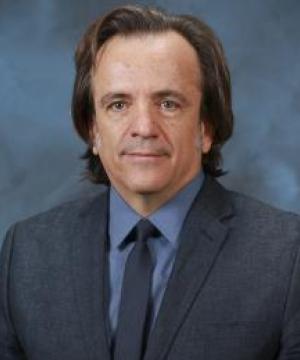
Abstract: The exit time probability, which gives the likelihood that an initial condition leaves a prescribed region of the phase space of a dynamical system at, or before, a given time, is arguably one of the most natural and important transport problems. In this seminar, we present an accurate and efficient numerical method for computing this probability for systems described by Fokker-Planck equations modeling local transport (e.g., diffusion) or nonlocal transport (e.g., fractional diffusion). The method is based on the direct evaluation of the Feynman-Kac formula that establishes a link between the adjoint Fokker-Planck equation and the corresponding forward SDE (stochastic differential equations). In the case of local transport, the SDEs are driven by Brownian motion, and in, the case of nonlocal transport, depending on the nonlocal kernel, by compound Poisson processes or alpha-stable processes. We illustrate and benchmark the proposed method with numerical examples of interest to fluid dynamics and magnetically confined nuclear fusion plasmas.
Work done in collaboration with G. Zhang and M. Yang, Oak Ridge National Laboratory (ORNL).
Speaker’s Bio: Diego del-Castillo-Negrete is a Distinguished Research Staff member in the Plasma Theory and Modeling group of the Fusion Energy Division at ORNL. He holds a Ph.D. in Physics from the University of Texas at Austin. Before joining ORNL in the year 2000, he was a Postdoctoral researcher at the Theoretical Division of Los Alamos National Laboratory and at the Scripps Institution of Oceanography at the University of California, San Diego. He has been a visiting scholar in several institutions including J.T. Oden Faculty Fellow at the Oden Institute of the University of Texas at Austin; Aix-Marseille Université, France; the National Institute for Fusion Studies, Japan; Universidad Carlos III, Spain; University of Sao Paulo, Brazil; University of Mexico; and the Woods Hole Oceanographic Institution. His main areas of research are theoretical plasma, applied mathematics, and computational physics.
Last Updated: August 23, 2023 - 12:31 pm